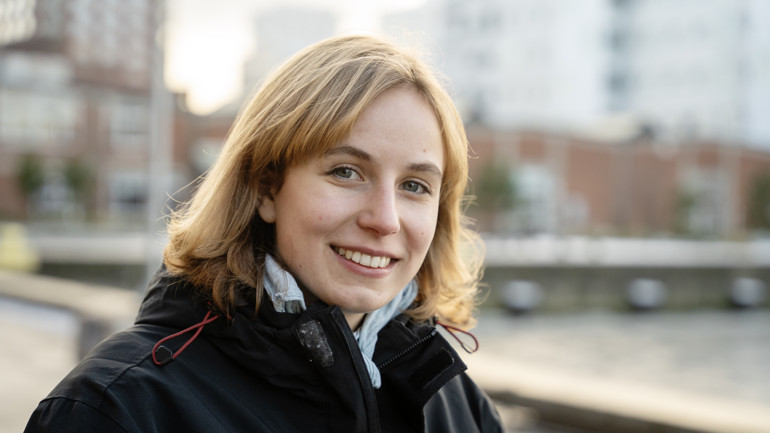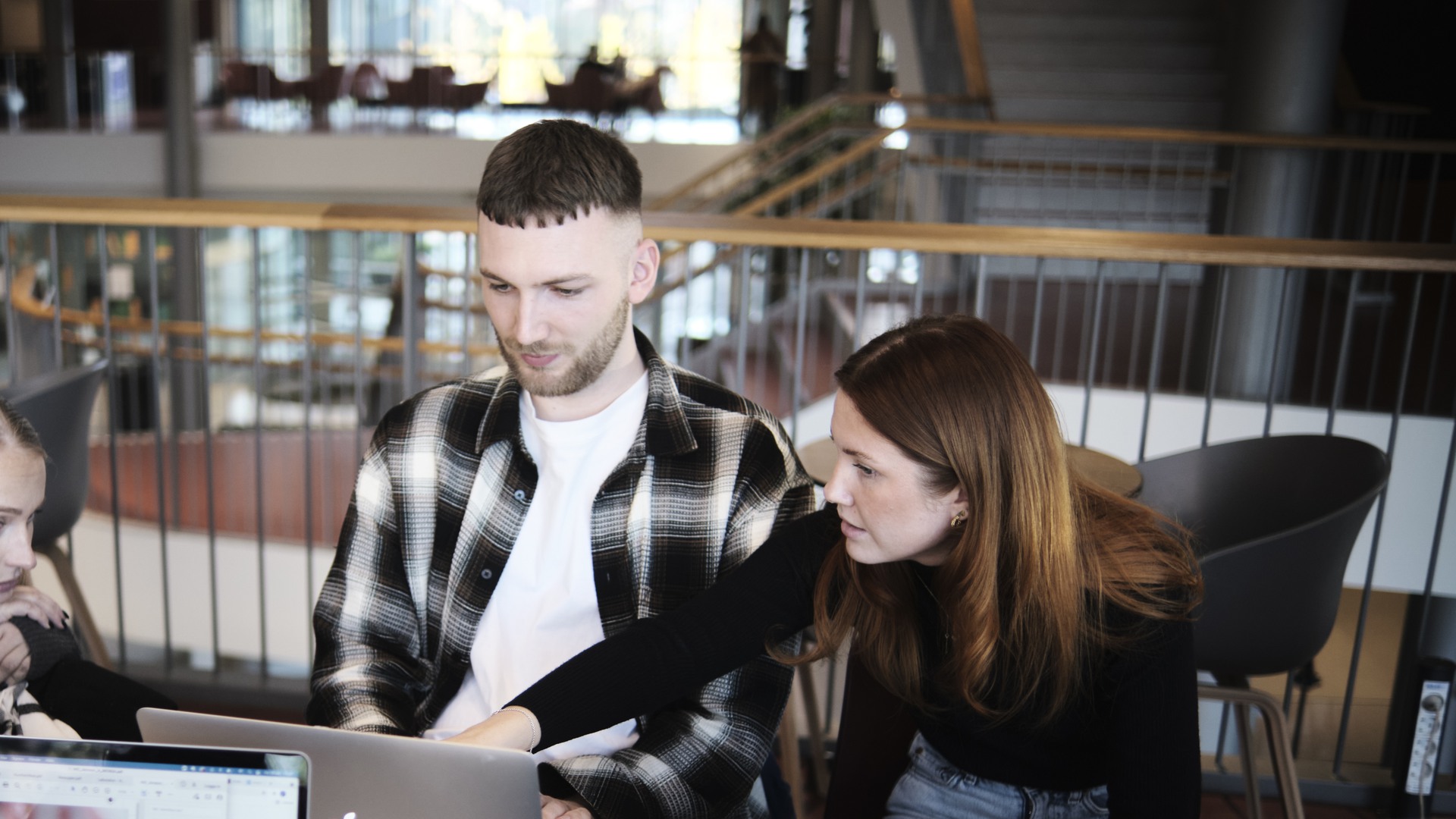Autumn 2025 - Semester 1
Spring 2026 - Semester 2
Autumn 2026 - Semester 3
Elective semester: courses at the Department of Global Political Studies, Malmö University, other Swedish universities or abroad (i.e. exchange studies), or internship.
Spring 2027 - Semester 4
Elective semester: courses at the Department of Global Political Studies, Malmö University, other Swedish universities or abroad (i.e. exchange studies), or internship.
Autumn 2027 - Semester 5
- The Right to Life and Modern Conceptions of Life (MR225L), 7.5 credits
- Global Justice (MR226L), 7.5 credits
- The Environment and Human Rights (MR227L), 7.5 credits
- Children's Best Interests in Theory and Practice (MR221L), 7.5 credits
The fifth semester courses are subject to change and will be announced a year in advance.









